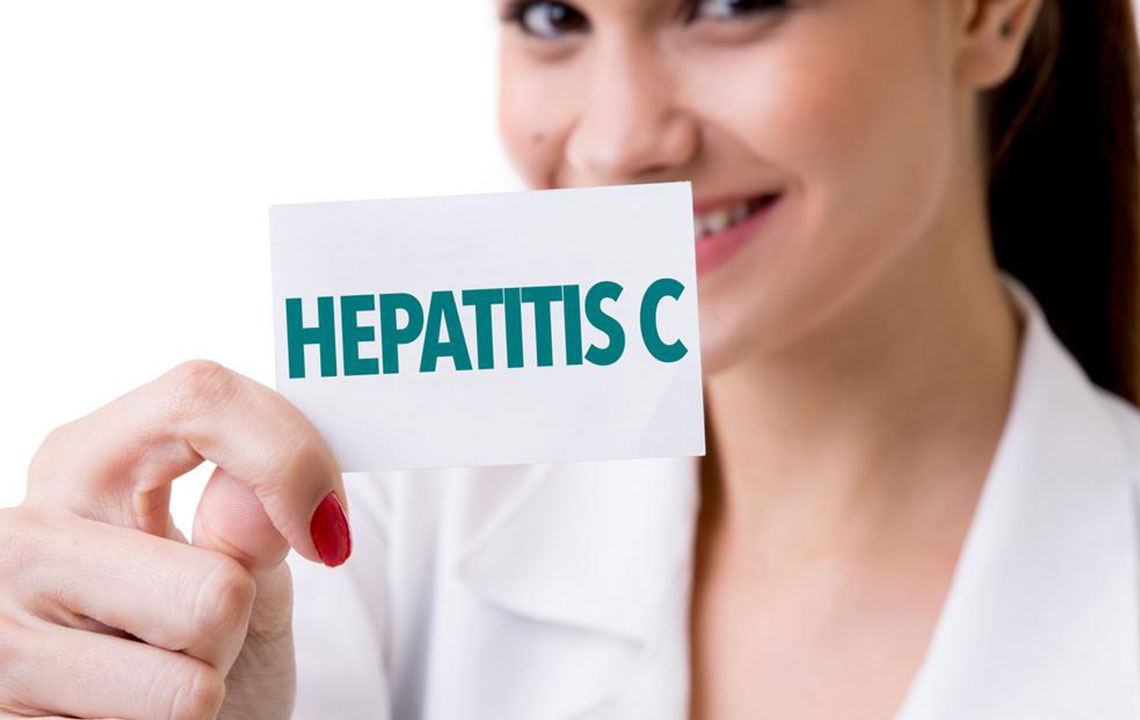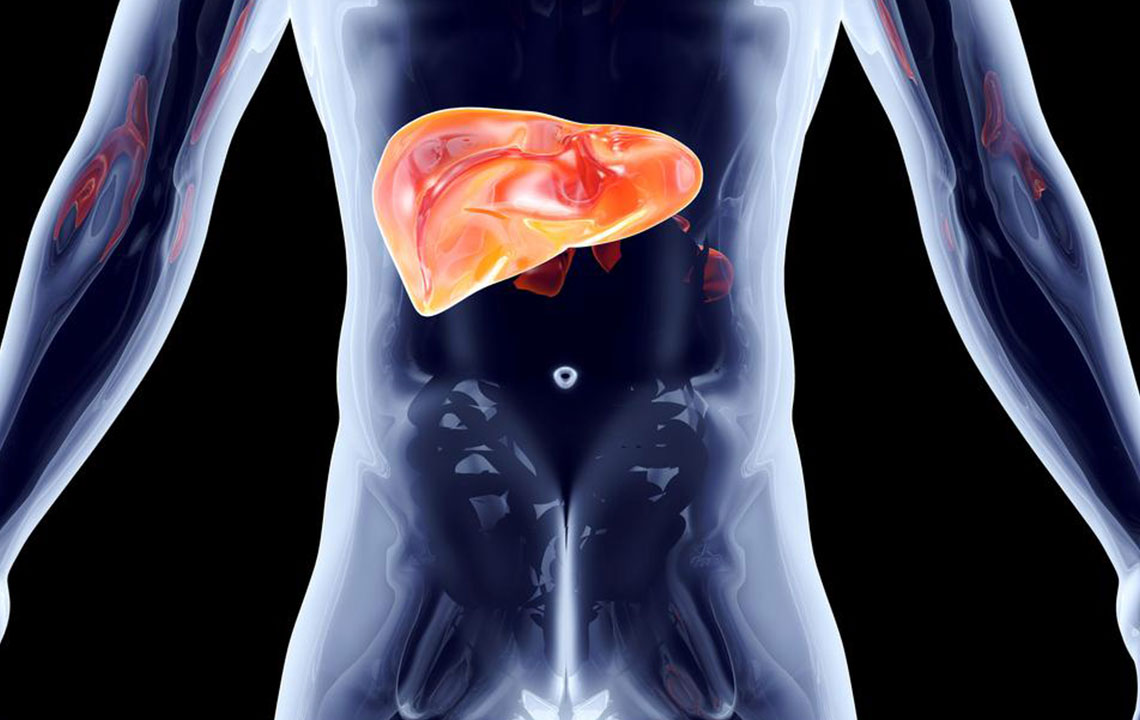Comprehensive Guide to Hepatitis C: Symptoms, Causes, and Treatment Strategies
This article offers a detailed overview of hepatitis C, including symptoms, transmission, diagnosis, treatment options, and lifestyle tips. It emphasizes the importance of early detection and medical intervention for better outcomes, alongside supportive practices for liver health and immunity. Aimed at raising awareness, it guides readers on managing and potentially curing hepatitis C through medical and natural approaches.

Hepatitis C Overview: Symptoms, Causes, and Effective Interventions
Hepatitis C is a viral disease targeting the liver, leading to inflammation and possible chronic damage. It advances through stages: incubation, acute phase, chronic infection, cirrhosis, and liver cancer. Early detection, screening, and prompt treatment can often result in recovery. Symptoms range from mild to severe, with many individuals remaining symptom-free until advanced stages, unknowingly transmitting the virus.
Signs of initial hepatitis C infection usually appear within 2-12 weeks after exposure. Typical symptoms include fever, dark urine, jaundice, fatigue, nausea, joint aches, and abdominal pain. When the infection persists beyond six months, it turns chronic, presenting with bleeding tendencies, swelling, reduced appetite, and serious liver issues like fluid buildup and encephalopathy.
The main transmission route is through blood contact, such as sharing contaminated needles, unprotected sex, childbirth, or unsterilized tattoo or piercing equipment. Casual contact and daily routines do not spread HCV.
Diagnosis relies on blood tests, elastography, or liver biopsies. Approved antiviral treatments like sofosbuvir, velpatasvir, and ledipasvir can eliminate the virus within 8-12 weeks. Severe cases may require liver transplants. Complementary practices like yoga, meditation, and regular exercise support liver health. Supplements such as zinc and vitamin D may enhance immunity but consult your healthcare provider before use.
Dietary choices are pivotal; prioritizing fruits, vegetables, lean proteins, and whole grains aids liver function. Limit processed foods and fats to prevent fatty liver buildup. Leading a healthy lifestyle, monitoring symptoms, and seeking medical advice are key to managing hepatitis C effectively.
Disclaimer: This content provides educational information on hepatitis C and should not replace professional medical consultation. Always seek advice from healthcare professionals for diagnosis and treatment.


